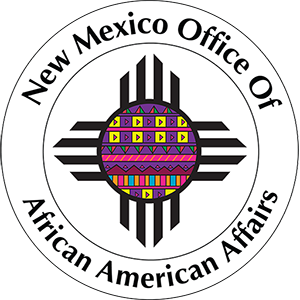Primum Non-Nocere: Addressing Mental Health in Black/African American Communities
Primum Non-Nocere!- First, do no harm!… There has been enough of that already.
As Mental Health Awareness Month ends, mental health in Black/African American communities continues to be a critical piece in community development, educational advancement, and general healthcare. Mental health is vital for physical, mental, and spiritual well-being. Still, it’s also crucial regarding changes to one’s pattern of thought that is put upon them by society at large. We often hear about the stigmas around mental health in Black/African American communities. Still, it is not so straightforward and has a historical context. It wasn’t called “Psychology” throughout history, but for centuries psychological tactics have perpetuated and maintained Eurocentric scientific racism.[4] Currently, neoliberal mental health components, such as the $11 Billion self-help industry, will not undo that. [3,4]
There are only a few models that account for different worldviews in mental healthcare. Optimal Psychology is an attempt to focus on the interconnectedness that one has to all living people and things and the critical role that one’s culture and spiritual nature can have in creating healthy mindsets.[1] Over the past forty years, African-centered psychological knowledge has been produced, which places people acknowledging African descent and their cultural worldviews and teachings at the center of the human process.[2] These factors play a crucial part in the well-being of ourselves as Black individuals and as the well-being of communities. We have been subjected to a train of thought that deems our culture, way of being, and our light inferior and opposes the social fabric of a Eurocentric society that maintains a culture of social dominance.
Addressing mental health in the Black/African Communities is like having two jobs, one that focuses on the well-being of oneself as an individual, and the other focuses on overcoming oppressive forces. Healing from racial and historical trauma requires an understanding of mental health within the context of society. Concepts such as cultural dislocation, assimilation, and relocation influence the nature and functioning of the psyche of oppressed people and the factors fostering survival, resistance, resilience, and triumph in the face of the worst forms of this extended oppression.[2]
Along with an African-centered psychological approach to address mental health in Black/African American Communities, there needs to be a vision for our communities rooted in hope and love. The message of hope is for a better tomorrow and that the pain our people suffer is not in vain. The road to healing will be a painful experience. Still, if we know this suffering is for the betterment of families and communities, it’s worth it. This hope will allow us to move and think through the multiple oppressive forces our communities face. As mental health becomes a focus in Black/ African American communities, outreach must address the psychology intended to harm our community and combat it with practices with genuine intentions of community healing.
